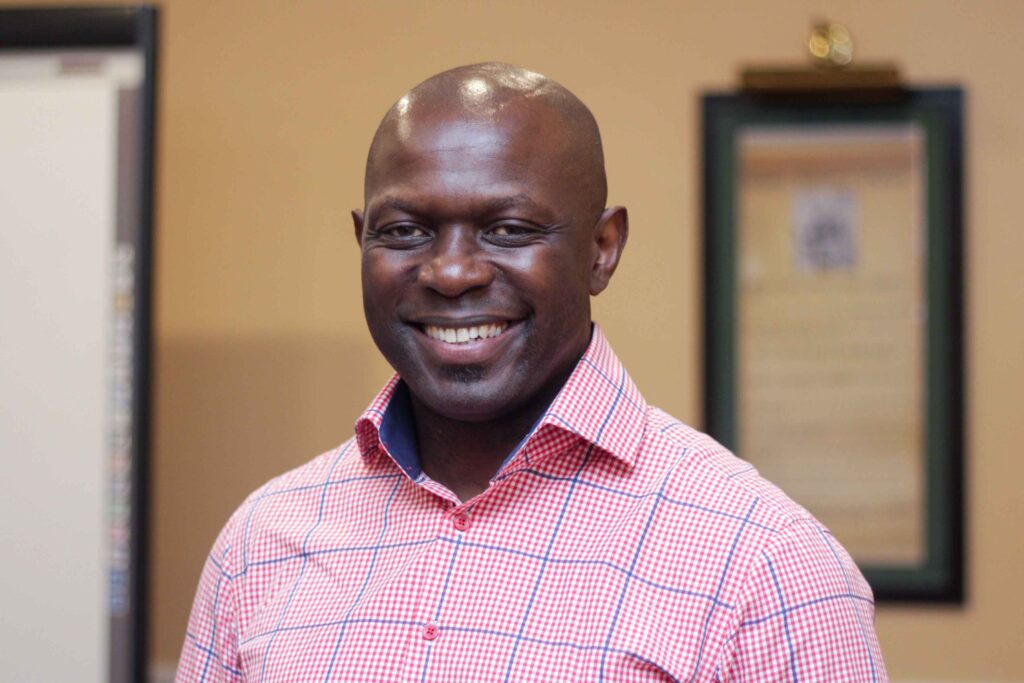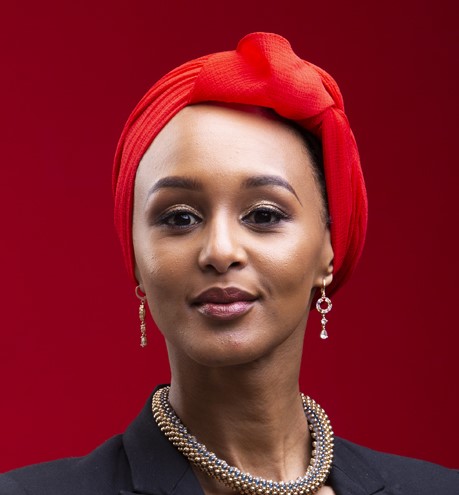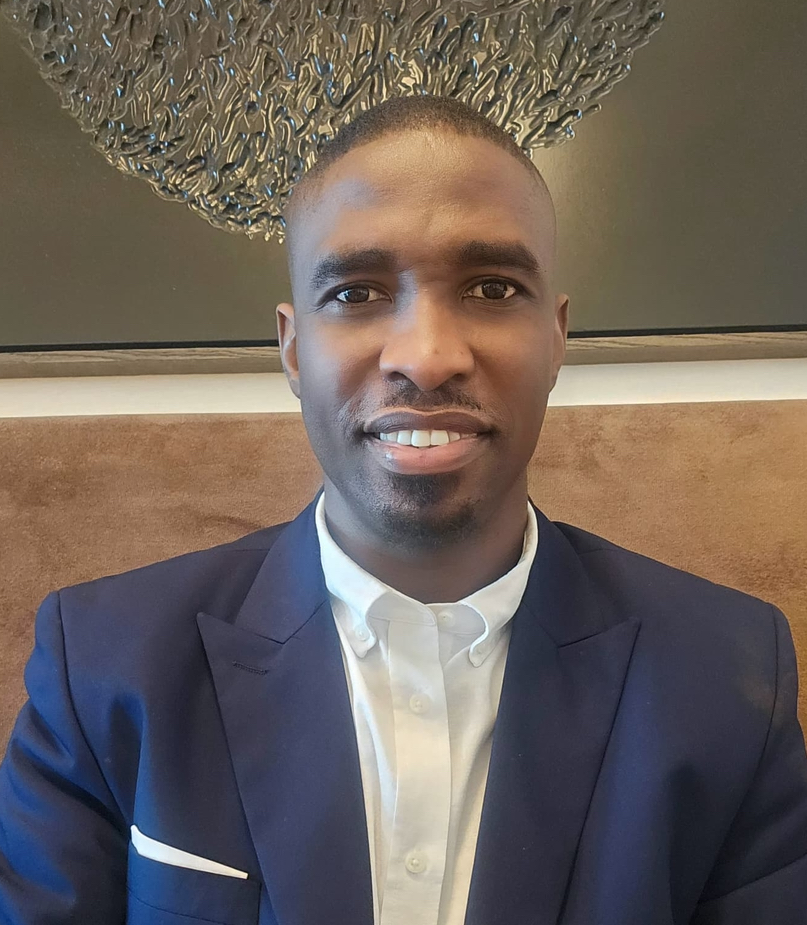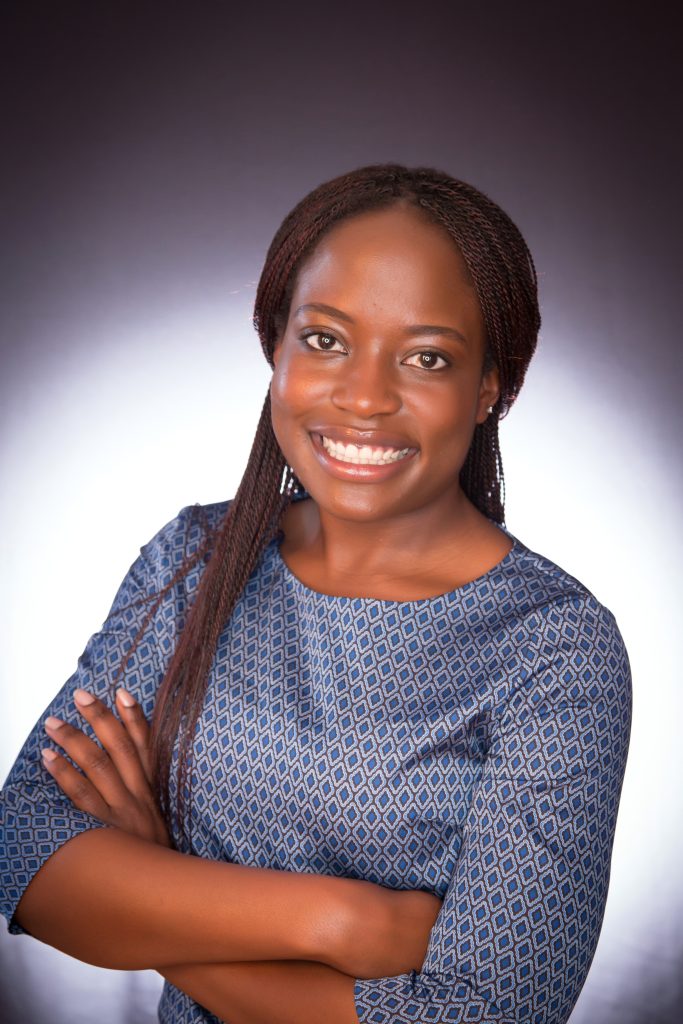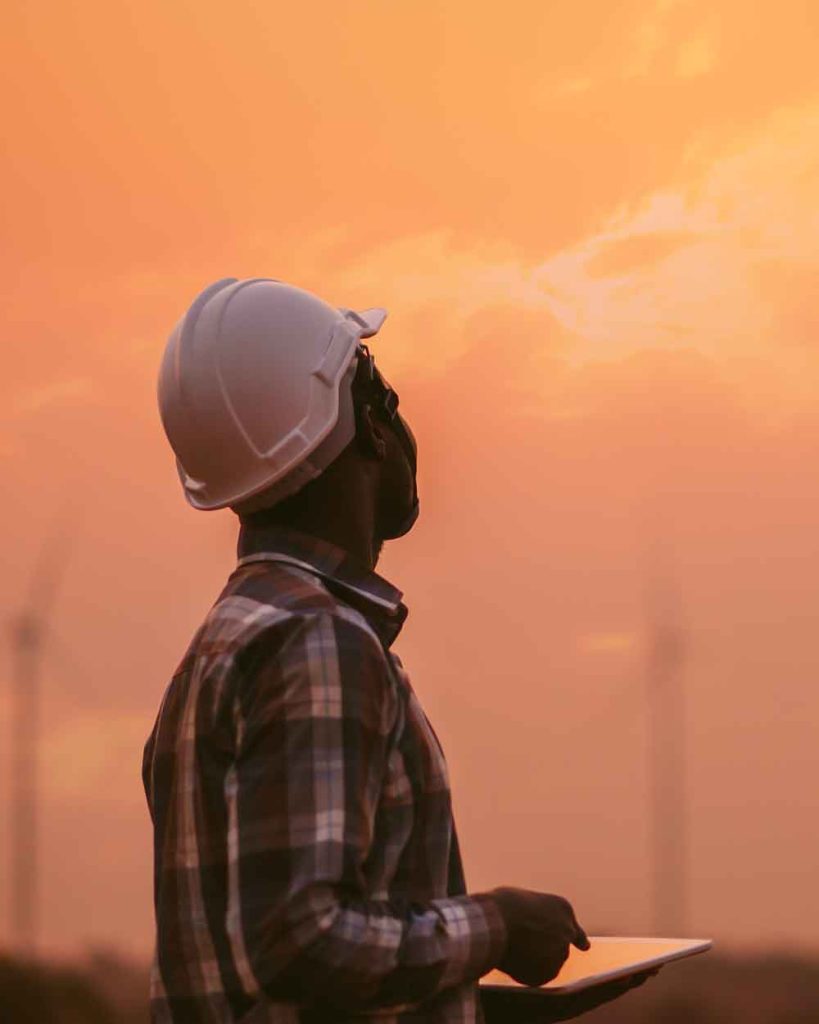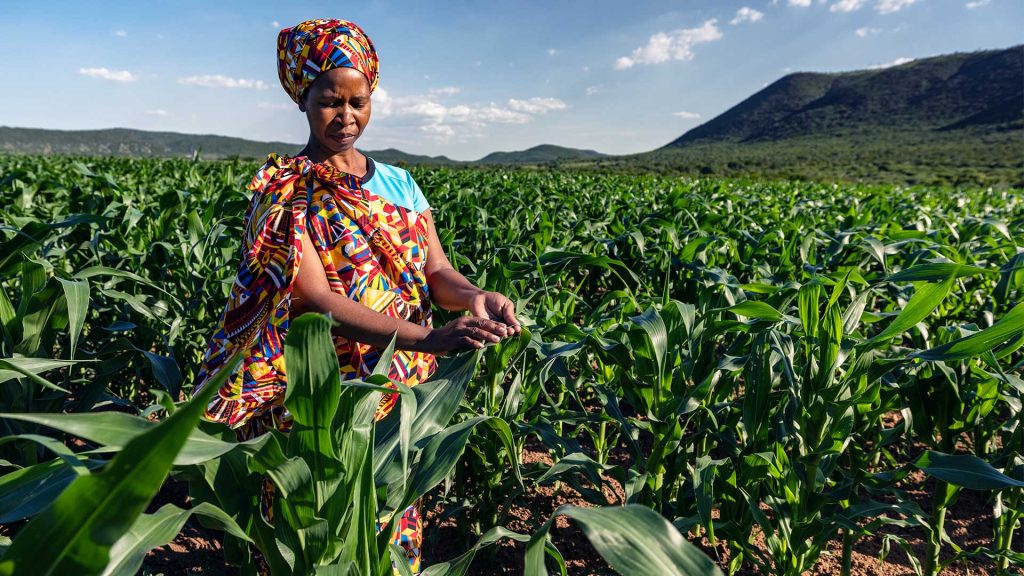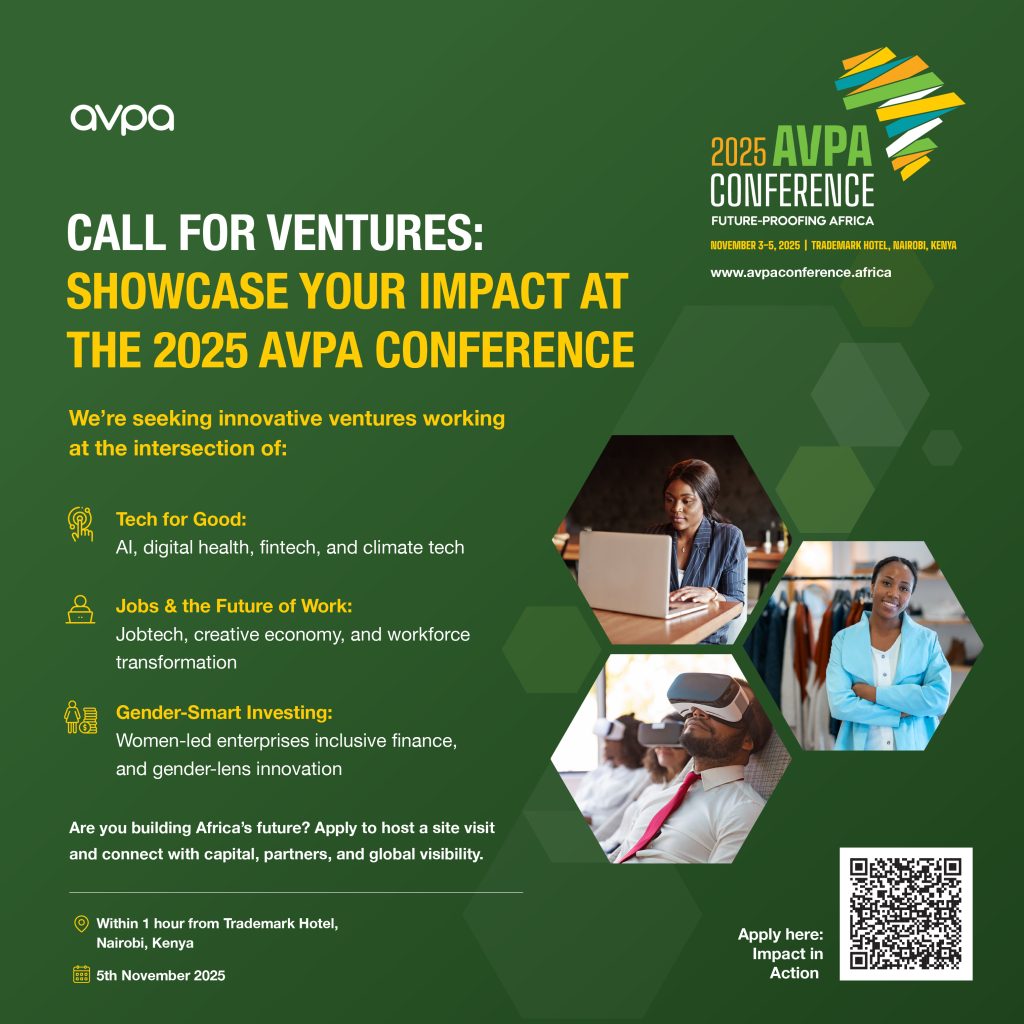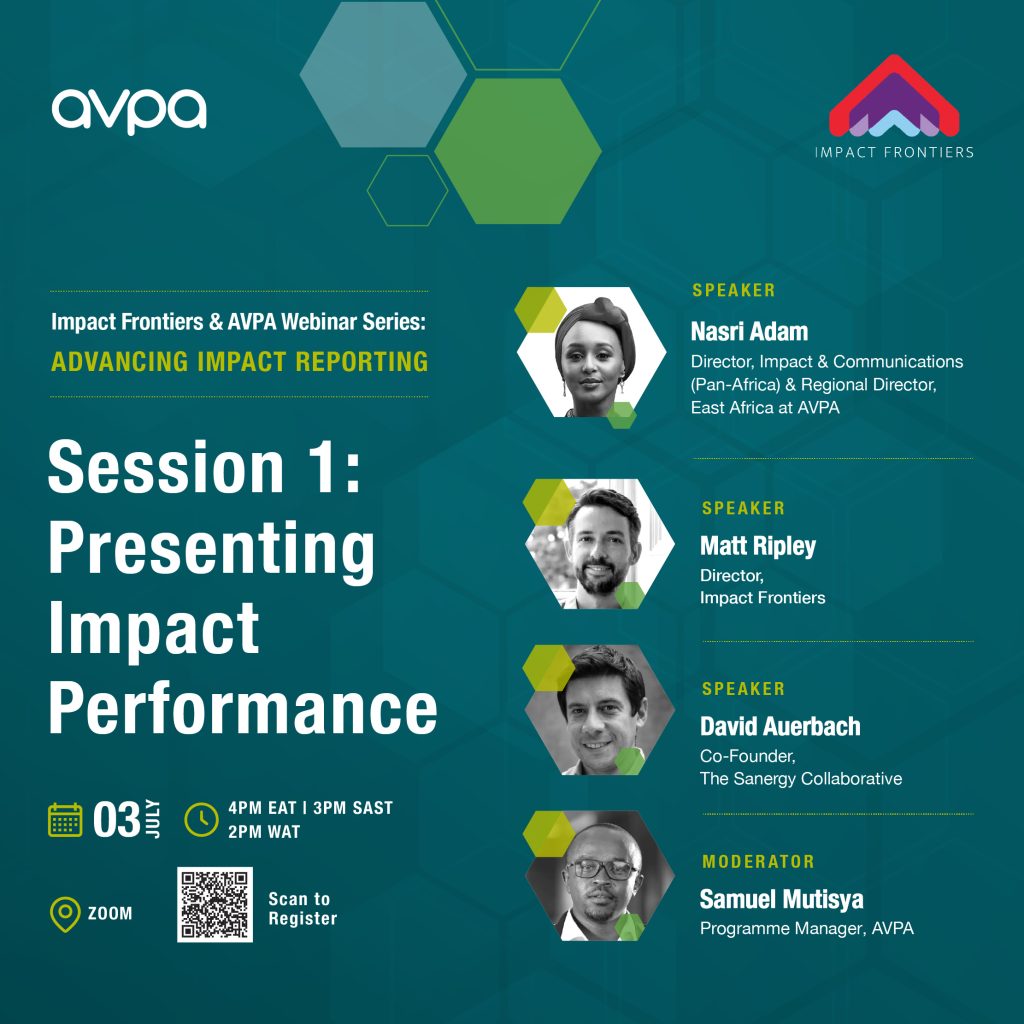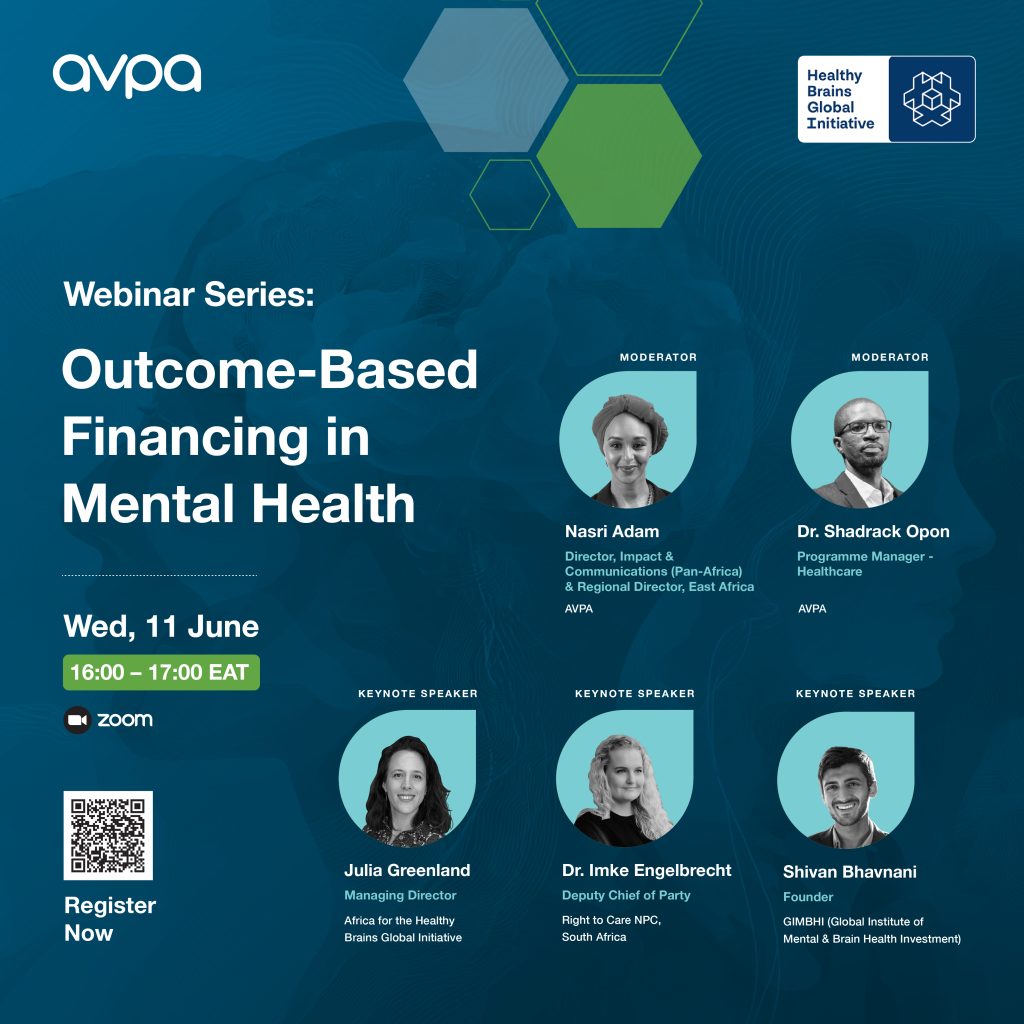Innovation Edge is an impact-first investor focused on solving early childhood challenges in South Africa. Adliya van Niekerk is the Investment Principal at Innovation Edge where she leads the development and implementation of IE’s investment strategy to build an impactful portfolio and maintain a vibrant investment pipeline. A fellow of the Africa-Asia Impact Investing Fellowship, Adliya is a Chartered Accountant (SA) and has a background in impact investing and impact measurement and management.
Which strategies have worked well for you to source quality, investment-ready pipeline?
Innovation Edge is an early-stage impact-first investor. Often the investees we consider are not investment ready and our role is to provide the financial support and technical assistance they need to demonstrate their impact and financial performance to investors.
We are focused on sourcing innovations that can positively impact the lives of young children by capacitating and motivating their parents, educators, healthcare providers and other care professionals. This is challenging because oftentimes, our target investees are not aware of the importance of early childhood development (ECD) and the role society has to play in setting our children up for success. Our sourcing activities thus have to include an element of advocacy as well. That said, our diversified sourcing strategy includes a number of inbound and outbound tactics including:
- Campaigns: this is where we use media including radio, print and social media to appeal to a broad audience, elaborate on the specific ECD problem we’re trying to solve and, call for proposals from innovative thinkers.
- Networking: we rely on partnerships to execute our work so we try to build relationships with a broad range of impact investors, corporate partners, incubators, accelerators and ECD ecosystem players. Through these networks, we receive applications they think would suit our mandate and oftentimes we act as a pipeline builder for larger funders. Our partners are often our biggest advocates with our investees telling their networks about our applications; in our current Fatherhood campaign, the PR manager as well as a journalist who conducted an interview with us are submitting proposals.
- ECD Catalyst: We build our own pipeline by working with applicants who show great promise but were not able to articulate their solutions successfully. We find that applicants of colour have ideas that could be very successful but need intensive capacity-building support to get their solution ready for investment. There’s a big problem, even in the impact sector, where applicants of colour, as well as women, are less successful in attaining capital than white males. This is one of the measures in our JEDI Strategy to address this power imbalance.
The South African ECD ecosystem is under-supported with larger NPOs dominating the space. To introduce diversity of thought and to invite innovation, we appeal to adjacent sectors to look for portfolio companies, for example, faith-based organisations, sports organisations, funders in the primary school (foundation) phase, health tech or even climate solutions focused on community involvement as is the case for one of our investees.
Having a mandate this broad means we sometimes struggle with the quality of applications but we’re willing to go the hard yards to find solutions to our country’s wicked problems. We seek innovation not just in the ideas we support but in the way we operate as well.
Which forms of non-financial support have been most effective for your portfolio organisations?
As an innovation funder, our investees span a spectrum of impact. The non-financial support is thus bespoke to an investee’s needs but we’ve become popular with a number of interventions:
- Impact measurement and management: impact investors are becoming more discerning when they’re assessing the impact of investments. We help investees refine their logic models, develop metrics and measurement tools and, provide input into evaluation frameworks.
- Governance and structuring: impact can come from entities structured in many different ways. We help our investees by identifying control and governance weaknesses and fortifying their systems for successful due diligence by follow-on funders. We also use our Board seat to oversee strategy development and implementation as well as to provide coaching to the leadership team.
- ECD expertise: Innovation Edge is sort after for our ECD partnerships as well as our ability to unravel ECD issues and make them more apparent.
- Financial modelling and deal structuring: Our investees are often not from a finance background and need assistance with their fundraising strategy, modelling and also structuring financial instruments with follow-on funders.
- Business model development: This includes pricing support and sustainability plan development.
- Marketing: Once investees are clear on the problem they’re trying to solve, we assist in refining their value proposition and developing a go-to-market strategy.
We support using the skills of our team, and external consultants or coordinating partner workshops for skills sharing. Our recent behaviour change workshop was met with great appreciation and based on the struggles of investees during piloting we’re considering a customer experience (CX) workshop to improve onboarding and retention as an impact measure.
Exits are a challenge for many investors in Africa – tell us about your approach and experience.
We invest at a pre-seed (and often pre-revenue) stage so we are looking to derisk opportunities for follow-on funders, whatever that may mean to them. This means we work on proof of concepts and to demonstrate traction for seed to growth stage funders. Innovation Edge is in the start-up phase itself so our traditional impact investments have not yet matured to exit. We would consider buyouts for these investments
What are your key considerations when evaluating a company?
Firstly, does the innovator understand the problem in the ECD context they’re trying to address? Problem/solution fit needs to be proven before we can consider product-market fit.
Next, the team’s potential is important. We only want to work with teams who are moved to include the most underserved communities in their solutions. Our greatest partnerships are with strong teams who are collaborative.
Lastly, because we consider both social enterprises as well as non-profit organisations, we understand that their sustainability pathways are different but the team must be able to demonstrate how their innovation can scale and sustain beyond our involvement.
What are some of the best and worst approaches used by potential investees when fundraising?
The worst approach is submitting irrelevant applications by not understanding the funder’s mandate and by waffling. Investees need to understand that the funding landscape is competitive so they need to make their investment case compelling.
The best approach for us is when an applicant is in love with the problem, not the solution. When an investee focuses on how they’re addressing a very real need for our target beneficiaries, that’s what we would consider a quality application. We are less impressed with fancy pitch decks telling us about a shiny, new innovation that has little consideration for the local context.
How do the AVPA Deal Share Platform and Deal Share Live support your work?
As we’ve mentioned, being a part of a network as impressive as AVPA is important to sourcing quality deals. The fact that portfolio companies have already been endorsed by our trusted partners makes their selection for our portfolio more likely. Larger funders who are interested in creating impact for South Africa’s youngest children can find Innovation Edge on the Deal Share Platform to support our work through funding and collaborating too.

